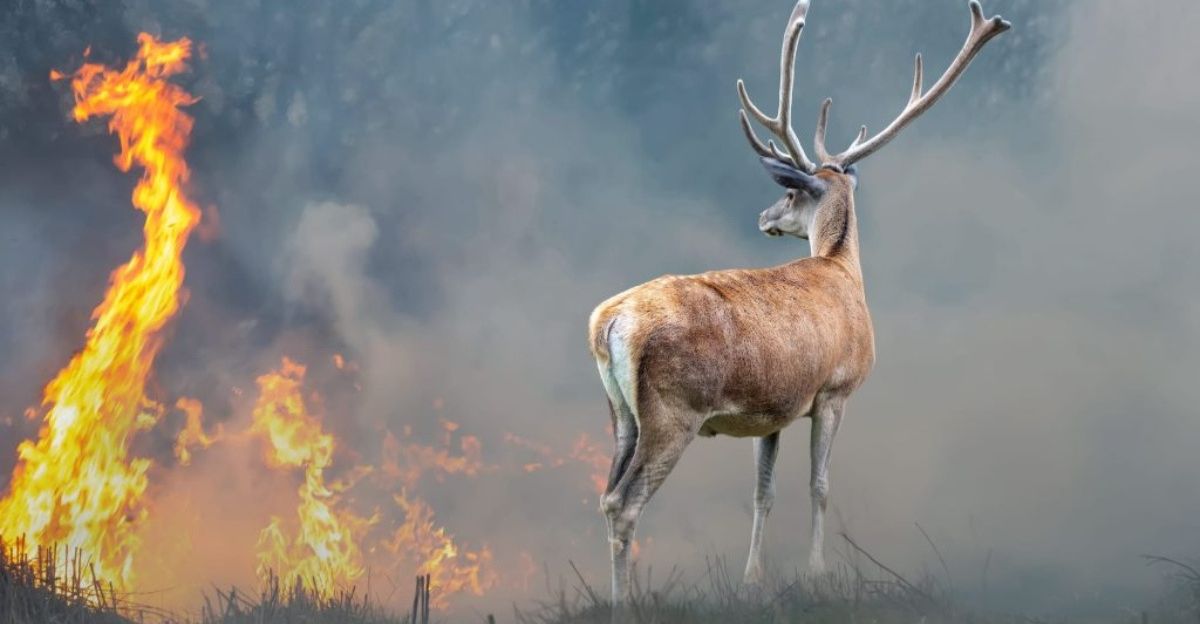
Wildfires can be devastating in any environment, but they don’t mean the end of ecosystems. Ecosystems have evolved mechanisms to regenerate and grow even better than they did before, but the time it takes to recover can differ.
Immediate Post-Fire Impacts

Wildfires destroy everything in their path, from vegetation to soil chemistry, making the impact of their destruction even more profound. If a fire is severe enough, the soil may never recover and can lead to severe vegetation loss and erosion. On the other hand, dead trees provide a whole other habitat for animals to thrive in, like woodpeckers.
The Recovery Process
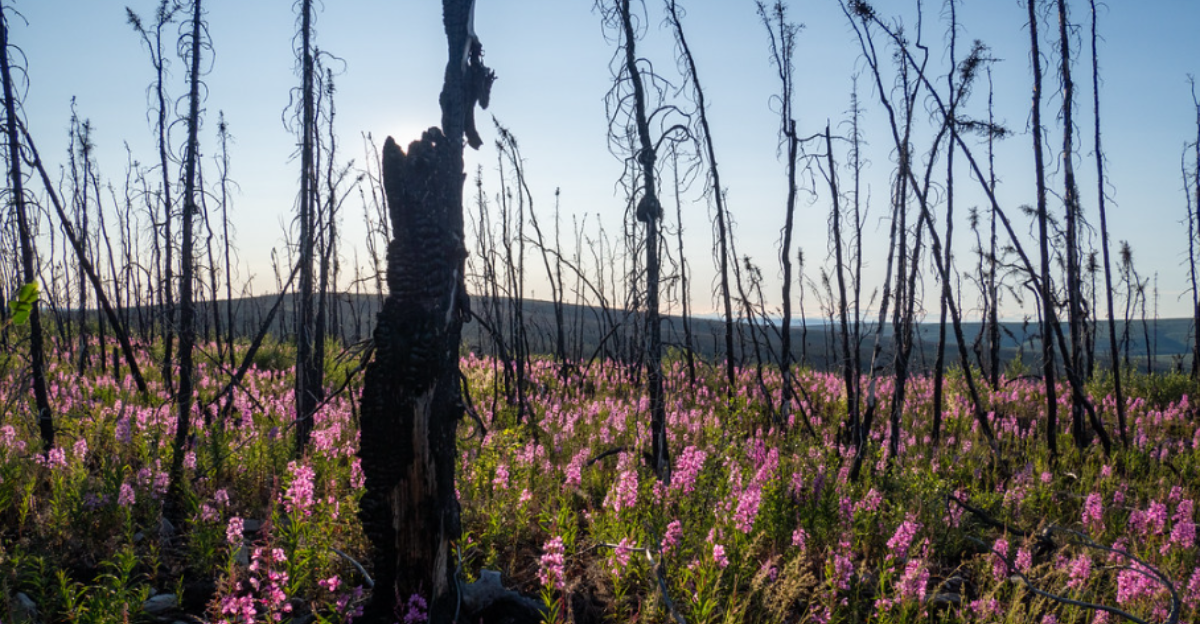
Recovery begins with pioneer species like fireweed and grasses, which stabilize soil and recycle nutrients. Certain plant species create the best environment for growing shrubs and seeds, creating a brand-new forest.
Natural Regeneration vs. Human Intervention

Forests can regenerate themselves in low-severity burns, and some conifers actually rely on fires to open seed cones. In more severe fires, conservation efforts might be needed to stabilize soil and help the forest regain its former glory.
Factors Influencing Recovery Speed
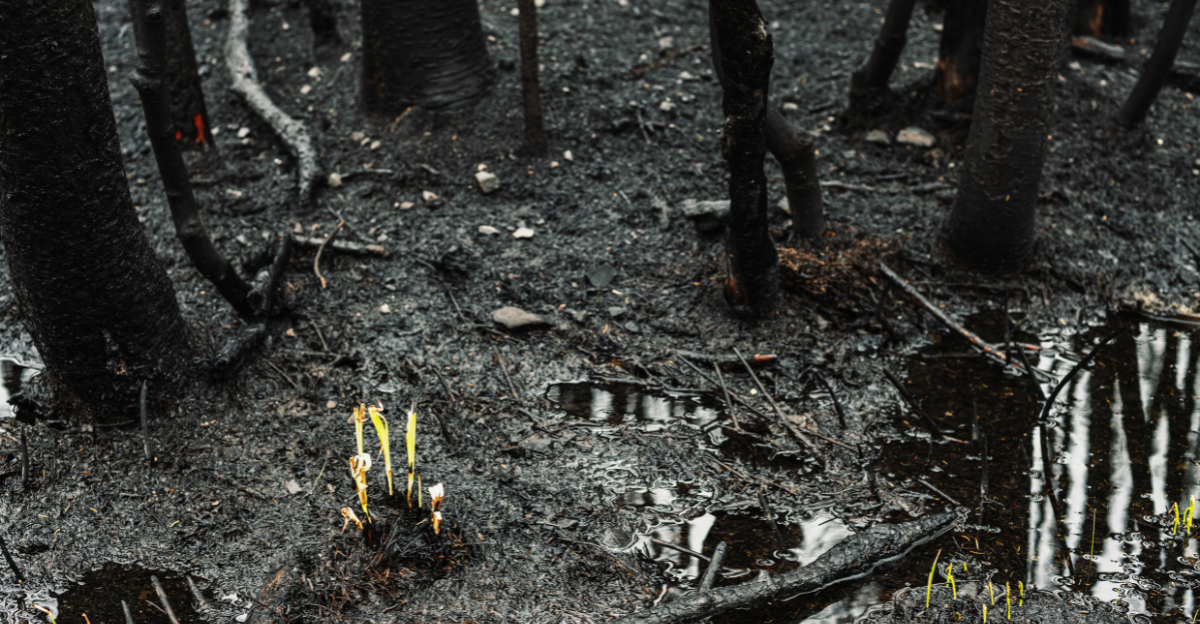
Quite a few things can affect the speed at which the forest recovers. The recovery rate depends on the severity of the fire, soil health, and climate. Moist, cooler climates tend to regenerate much faster than areas in drought or severe heat conditions.
The Role of Wildlife in the Recovery
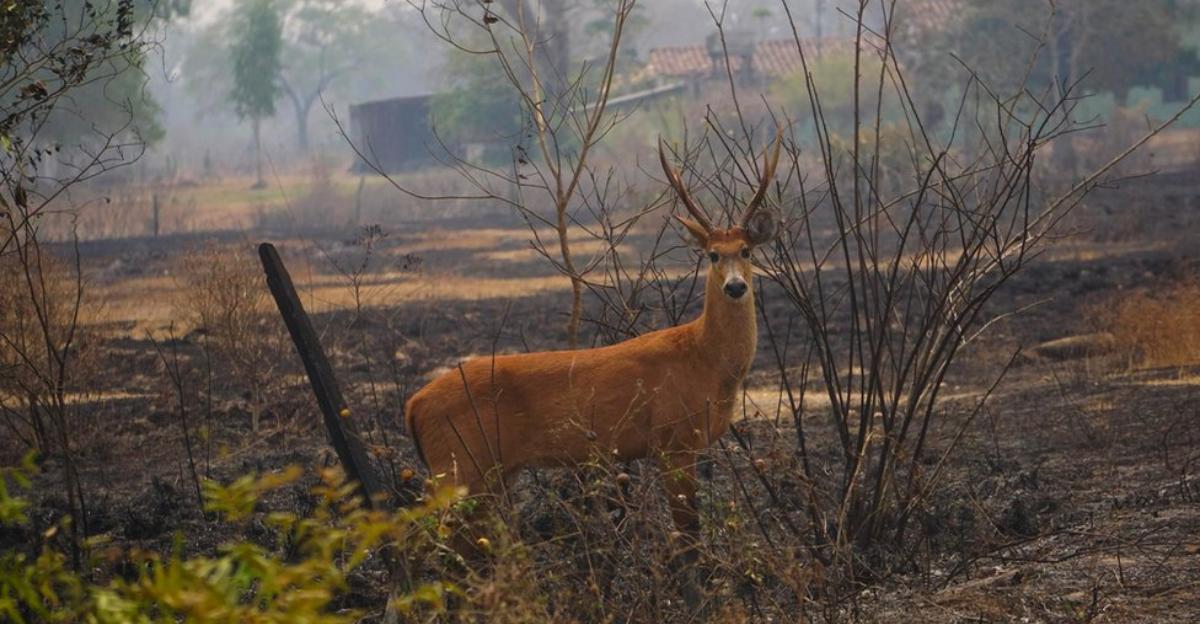
Animals are highly affected by fires and can lose entire habitats. Depending on how fast they move back into the area, these habitats help with the recovery of these forests. Animals like rodents and birds disperse seeds, while insects and fungi break down organic matter. Larger predators return as prey populations rebound, restoring food webs.
Soil Recovery
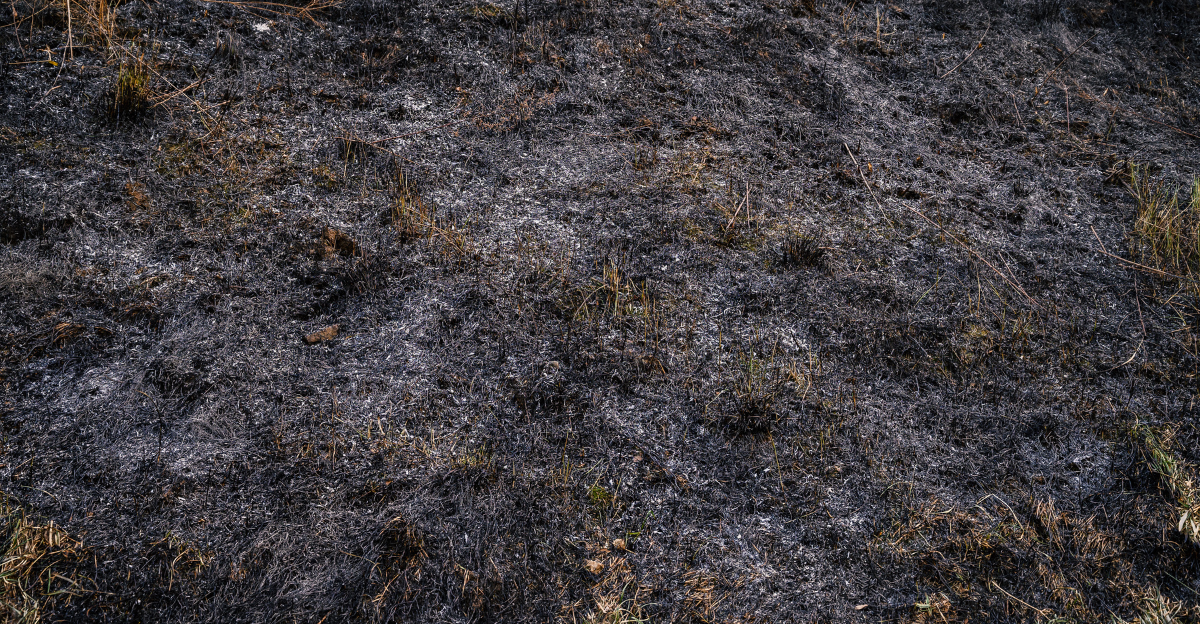
Fire can enrich soil with ash nutrients but also damage microbial communities. Pioneer plants rebuild soil structure while decomposing organic matter replenishes carbon and nitrogen. When a severe fire occurs, some intervention might be needed to help the soil recover.
Human-Assisted Restoration Strategies
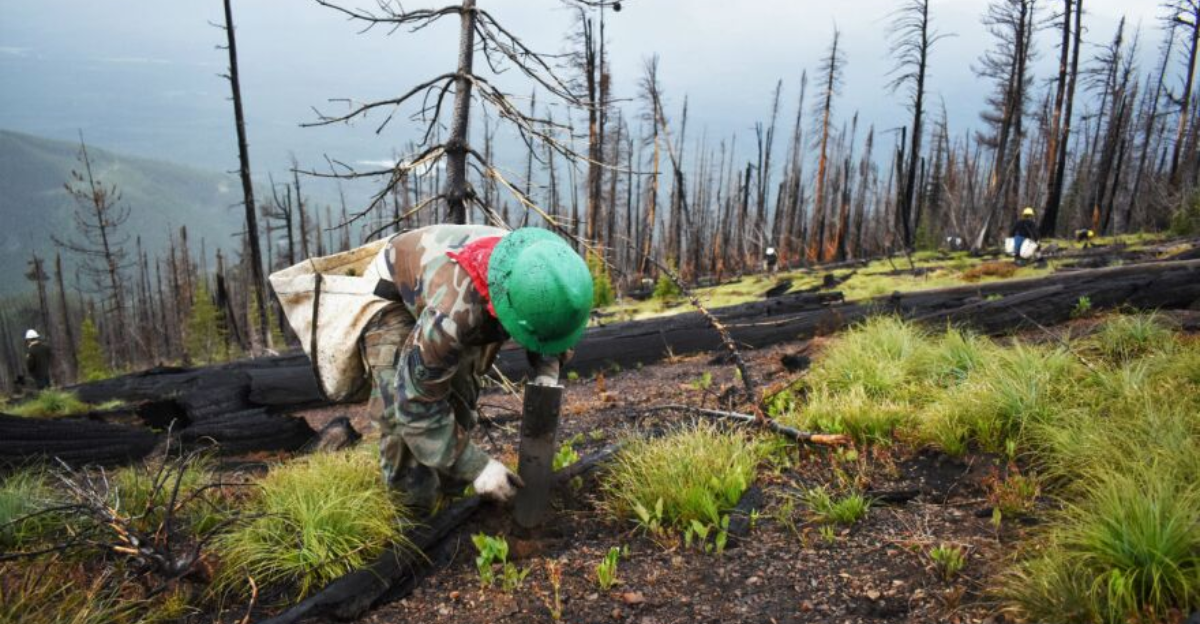
In some cases, the damage from a wildfire is so severe that human intervention is needed to restore the area. People often have to salvage burnt logs and clear the area from debris, and then new trees are planted to boost the area. Controlled burning is also a great help in regions prone to wildfires. This helps prevent future fires from spreading too far if they start.
How Long It Takes Forests To Recover
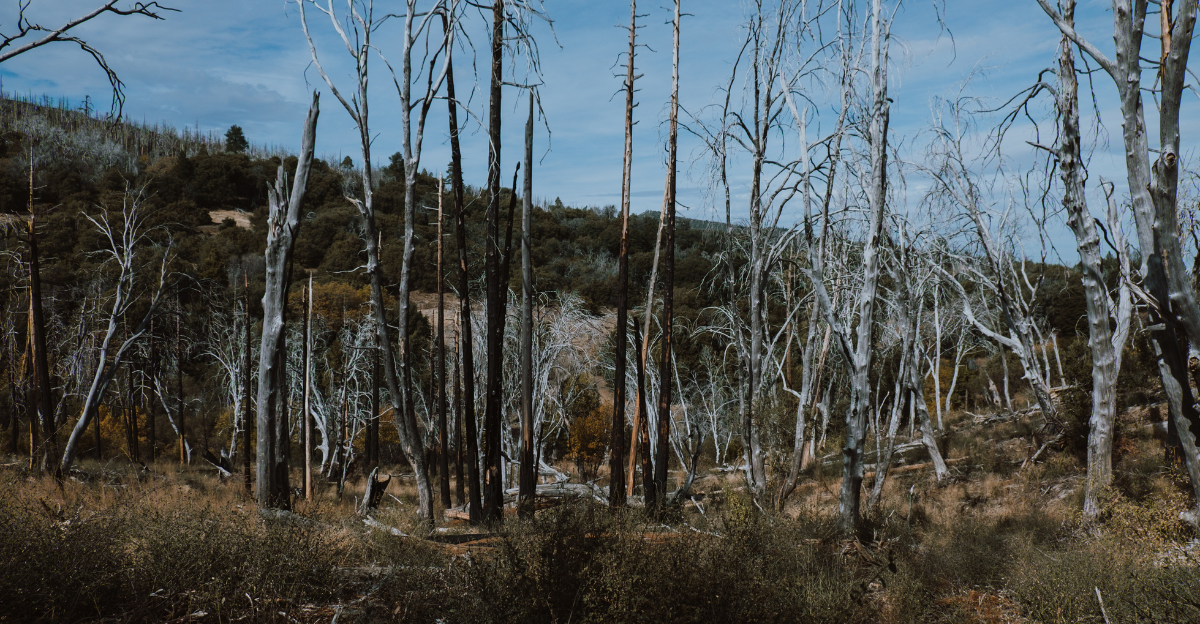
A full ecosystem recovery can take anything between 50 and 100+ years to fully recover to its former glory. Full recovery indicates that biodiversity and all food resources are the way they used to be. Yellowstone’s 1988 fires show partial recovery in three decades, but some species may never return.
Post-Fire Flooding and Landslides
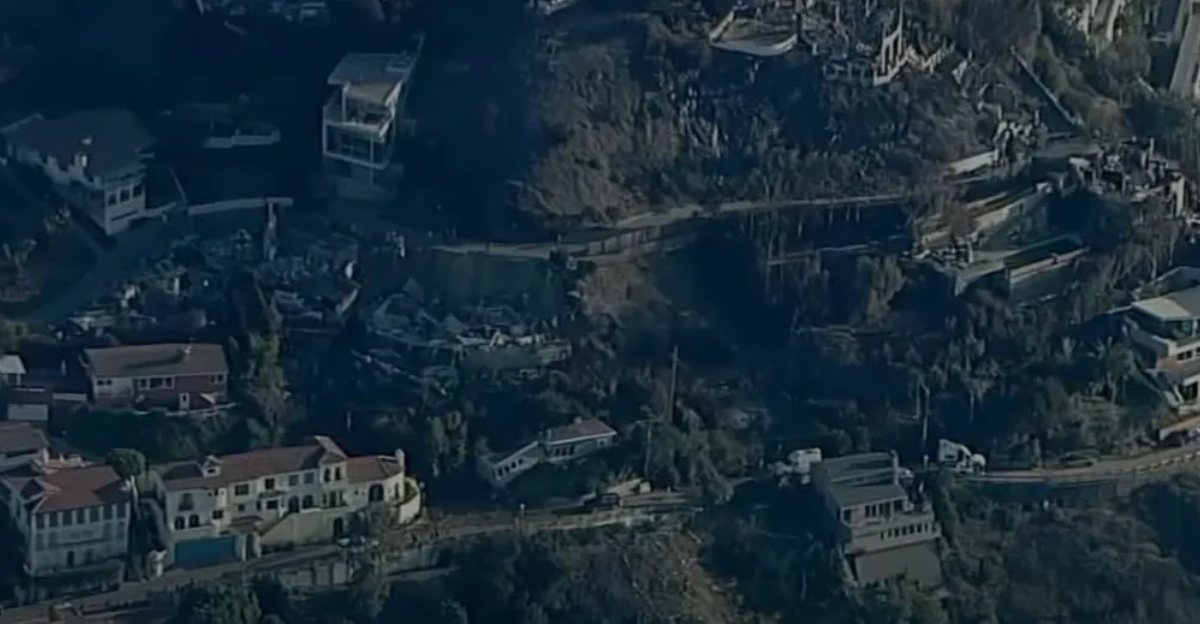
Flooding and landslides are a major threat to forests and the wildlife that is busy recovering from a wildfire. Due to the lack of vegetation, nothing anchors the soil down, leading to severe erosion. This could also affect waterways when debris flows into the rivers.
The Impact of Climate Change
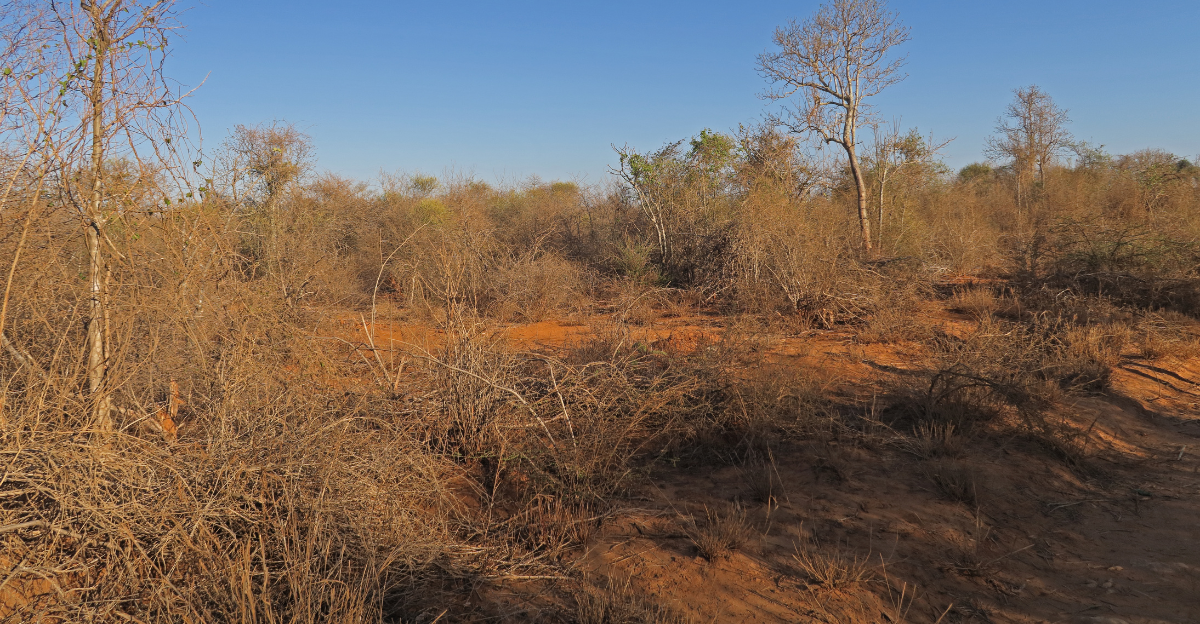
Warmer, drier conditions shorten the window for seedling establishment and increase fire frequency. In the western U.S., forests once reliant on natural regeneration now face prolonged recovery periods and need human intervention to restore and recover.
Explore more of our trending stories and hit Follow to keep them coming to your feed!

Don’t miss out on more stories like this! Hit the Follow button at the top of this article to stay updated with the latest news. Share your thoughts in the comments—we’d love to hear from you!







